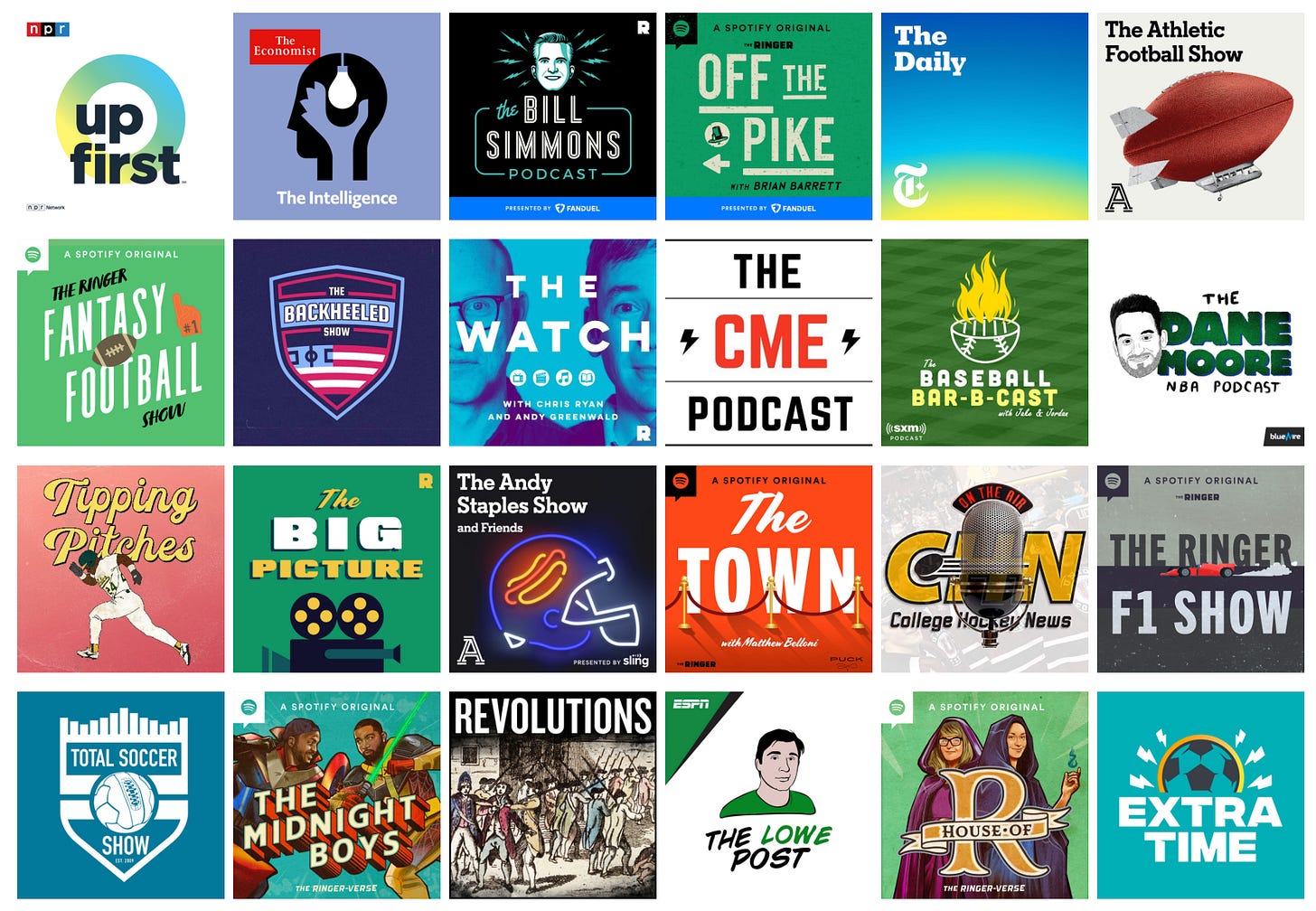The Internet has produced an era of time where everyone has an opinion on almost everything. We love lists, favorites, and sharing our thoughts on a daily basis, hell, I’m even writing a blog because I feel like my opinion is worth being shared (for some stupid reason). Given all this, it’s maybe a little surprising that award shows don’t seem to be working for anyone these days.
The Golden Globes were last Tuesday night, and I watched… part of the show. The show, aired on a Tuesday night for many of the same reasons the Globes took a hiatus in 2022, was fine by award shows standards. But even as someone deeply invested in film and tv, as well as the criticism and conversation surrounding them, I couldn’t bear sitting through the full 3+ hour show, and I couldn’t think of a single friend who would either. So, much like many other award shows, a few moments breached the broader cultural discourse like Jerrod Carmichael’s opening monologue and acceptance speeches from Ke Huy Quan, Michelle Yeoh, and Colin Farrell, but otherwise the event passed in relative silence. I bet you didn’t even know the Critic’s Choice Awards were last night, Sunday January 15th.
So how do we fix award shows so that they’ve got more broader appeal to the general public?
My short answer? You can’t.
Fundamentally, some of the key elements to the traditional award show format just don’t work for modern audiences, starting with something as simple as attention span. Even if you make it past the attention span problems inherent with a three hour show, I just don’t see a path to the kind of broad-based award shows drawing the audiences they once did in an era where interests are so individualized and specific. You aren’t getting a Taylor Swift Stan to tune into an event where she might speak for a minute on the basis of that fandom alone.
So, to “fix” award shows, I think you have to start with a complete redefinition of the expectations, and as a result work with far more flexibility of format. The traditional idea of bringing a full crowd of celebrities together in one room to celebrate and announce winners just isn’t an efficient method of creating the portions of award shows that crack the cultural consciousness.
If I was placed in charge of redefining the format, I think my approach would be to turn the show into only a single hour of content (plus commercials depending on platform of distribution) that becomes much more easily consumable for the average viewer. I think maintaining the opening monologue would work fine, just give a comedian 8-10 minutes to work on the past year of pop culture content relevant to the award show and a small audience. Then for the awards, this is where I would get most radical: Famous “presenters” are entirely unnecessary, do away with them; Don’t bother getting everyone in one place, it doesn’t add much to the audience experience; Most of the winners shouldn’t actually get to give speeches, just have them for the most “major” awards; Maintaining the spontaneity and unfiltered nature of the speeches is key, so I’d instead direct everyone nominated movie or show to plan and host a party for everyone who worked on that project, and then utilize zoom to announce winners and get speeches (I’m picturing something like the College Basketball NCAA tournament selection show); But above all else, don’t air the show live so you can cut out hemming and hawing, the time between announcement and speech, and much more. If you drill down to what matters so you can cut the time to a more manageable length.
That’s a brief introduction to what I’d like to see out of a reimagined award show. I’ve got other ideas, like clips from movies/shows worked in after winners are announced to encourage folks to seek out content that wins if they haven’t seen it, or relocating the show to somewhere like YouTube where it’s available digitally in perpetuity.
Ultimately though, I believe the unsolvable problem of award shows is that we have more choice than ever before of WHOSE opinion we care about and follow. Whether it’s your favorite writer, podcaster, celebrity, YouTuber, or friend, we all probably have someone whose opinion we value more highly than what seems like some murky and non-transparent voting body behind an award show. When we all have these people whose opinions we would turn to first, what value does the award show really hold anymore?
Content of the Week
Recommendation of the Week
All The Beauty & The Bloodshed (Movie, 2022)
You can’t find it on a streaming service anywhere, but All The Beauty & The Bloodshed is probably the best content I consumed this week. A documentary that starts by following photographer Nan Goldin in her mission to take on the Sackler family for their responsibility for the Opioid epidemic, it really excels in the way it dives so much deeper into her past, personal life, and family. The Sackler/Opioid portion doesn’t feel so drastically different than what I could get out of a John Oliver style coverage of the events, with a bit more first-person perspective, but Goldin’s family and personal life provide for a deeply moving and powerful watch. It’s clear the director agrees, because the film began as an exploration of the former, and upon the discovery of the latter it spends much more time on the story of Goldin’s life.








